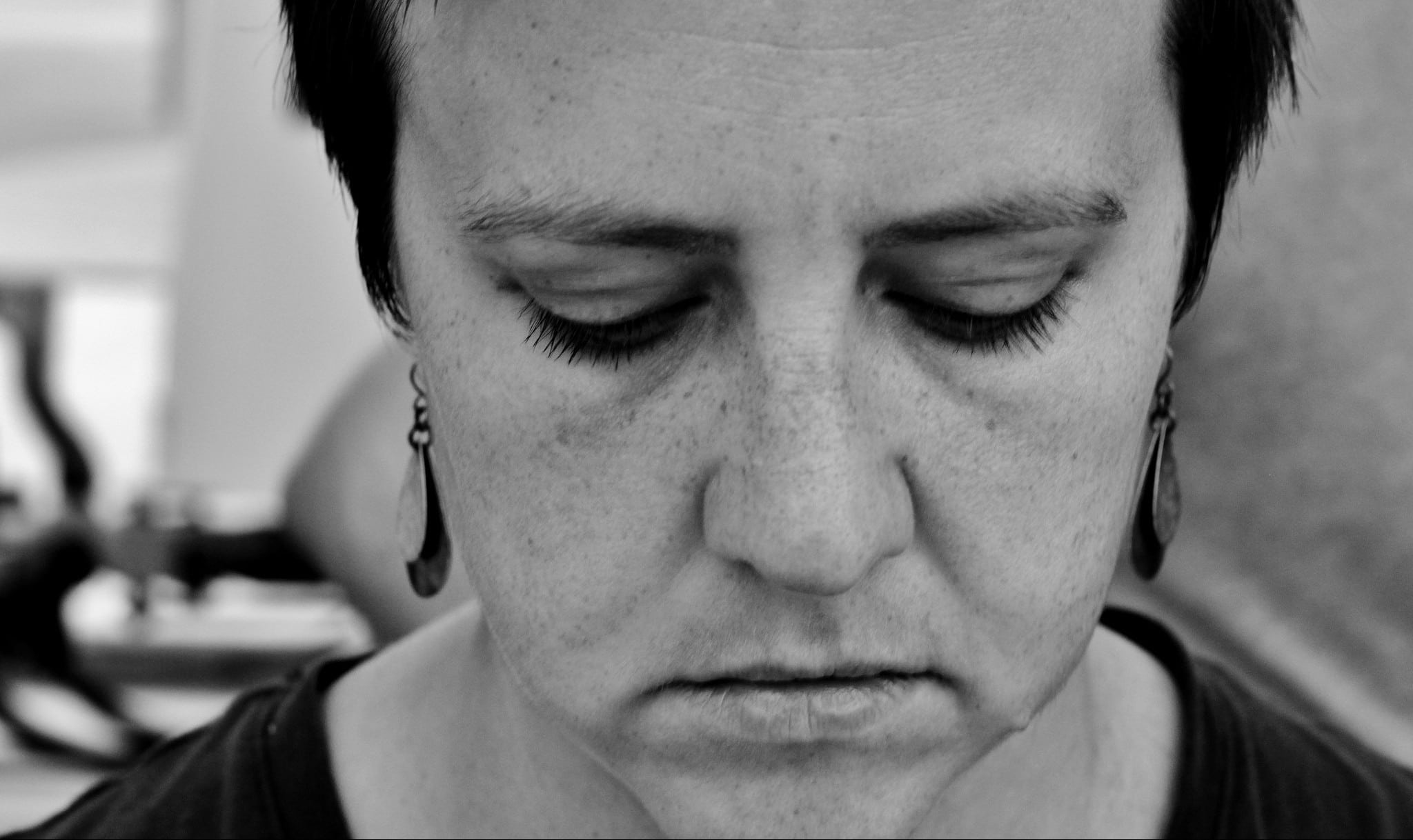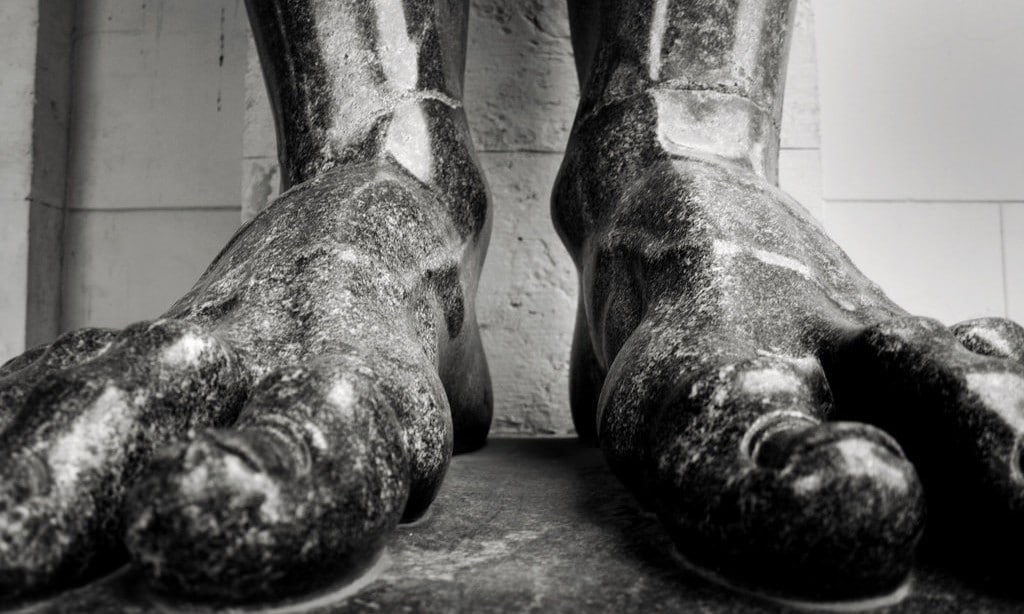
Image Source: Flickr CC user Bradley Gordon
We’ve come a long way from the days when it was considered normal for a man to hit his wife, but domestic violence is still an issue of grave importance. Figures from the National Coalition Against Domestic Violence suggest that 1 in 3 women and 1 in 4 men will experience domestic violence at some point in their lives, often from an intimate partner. Women are the most affected (a staggering 1 in 5 women will be raped, compared to 1 in 71 men), but there’s no doubt that domestic violence destroys everyone involved. Beyond the physical violence itself, feelings of confusion and helplessness often hurt and persist for much longer, and can lead to people being trapped in cycles of abuse.
Of course, those who commit violence are often victims of violence or trauma themselves — with no healthy way to release that traumatic experience, they become susceptible to inflicting the same kind of pain they themselves received. I think this phenomenon is summed up pretty well by the saying, “hurt people hurt people,” which is why to prevent domestic violence, we need to address the emotional or psychological damage that causes someone to act violently in the first place. So it makes sense that psychedelics could play a helpful role in reducing domestic violence because the root cause of most violence — experiencing trauma and violence oneself — is exactly the kind of thing that psychedelics are very adept at healing.
Addressing Violence at its Roots
While many different psychedelics have been credited with helping people release old trauma, recent Phase 2 clinical trials of MDMA for treating post-traumatic stress disorder (PTSD) have shown an incredible 83% success rate, making MDMA a strong candidate for being an FDA-approved legal prescription drug in the near future. Not only does this suggest that appropriate use of MDMA could potentially reduce acts of violence for anyone who takes it, but it could be particularly important in treating people with PTSD, as studies have shown that military veterans with PTSD are more prone to committing domestic abuse than the general population.
Another recent observational study draws these connections even more clearly. An article titled “Psychedelic drugs may reduce domestic violence” was published in Science Daily earlier this year, and it cites a study performed by the University of British Columbia that looked at the behavior of adult male inmates in the first six years after their release from prison. This study of over 300 inmates investigated the correlation between the use of psychedelics like LSD, MDMA, and psilocybin, and rates of domestic violence.
It turns out there was a significant statistical difference: of the inmates that never took psychedelics, 42% were arrested for domestic battery within the first six years of their release. On the other hand, of those who self-reported taking one of the above psychedelics, only 27% were arrested for battery in the same six-year period.
While a 15% reduction in domestic violence arrests observed in this study may not seem like a huge deal, it’s highly significant when you think of the scale of this issue. With the National Coalition Against Domestic Violence reporting that 10 million people a year are abused by an intimate partner in the US, this equates to 150,000 fewer cases of abuse per year. Anything we can do to reduce this number is a worthy endeavor.
Not a Magic Bullet But a Seed
While these studies are encouraging, it’s important to remember that psychedelics are powerful substances that can be used incorrectly. One very sad counterpoint is evidenced in a recent case in Washington of a student who severely injured his girlfriend while in a paranoid rage purportedly triggered by LSD. Of course, most psychedelics have the opposite effect on people, increasing feelings of well-being, empathy, and interconnection, and taking a psychedelic will not make you uncharacteristically violent if your set and setting are appropriate and positive. But we do need to face the dangers that psychedelics can pose when used incorrectly or by unstable people. Certainly we should not suggest that violent people self-administer psychedelics en masse, but instead look at how therapies can be developed to treat the underlying conditions that lead to violence.
Ultimately, we’ll likely find that when it comes to domestic abuse, addiction, depression, and other endemic mental disorders, the root of it comes down to early life trauma. Psychedelics are the most powerful medicine we know of to unravel these dark moments in our lives and revisit them in a safe healing way so that we can integrate those experiences and grow from them, rather than suppress them indefinitely and deal with the hydra of disorders that stem from them. While they’re not a magic bullet in and of themselves, we may come to see psychedelics as indigenous cultures have — a rare but critically important panacea for treating emotional and spiritual malaise that heals the root cause of countless mental and behavioral disorders, including domestic violence.










